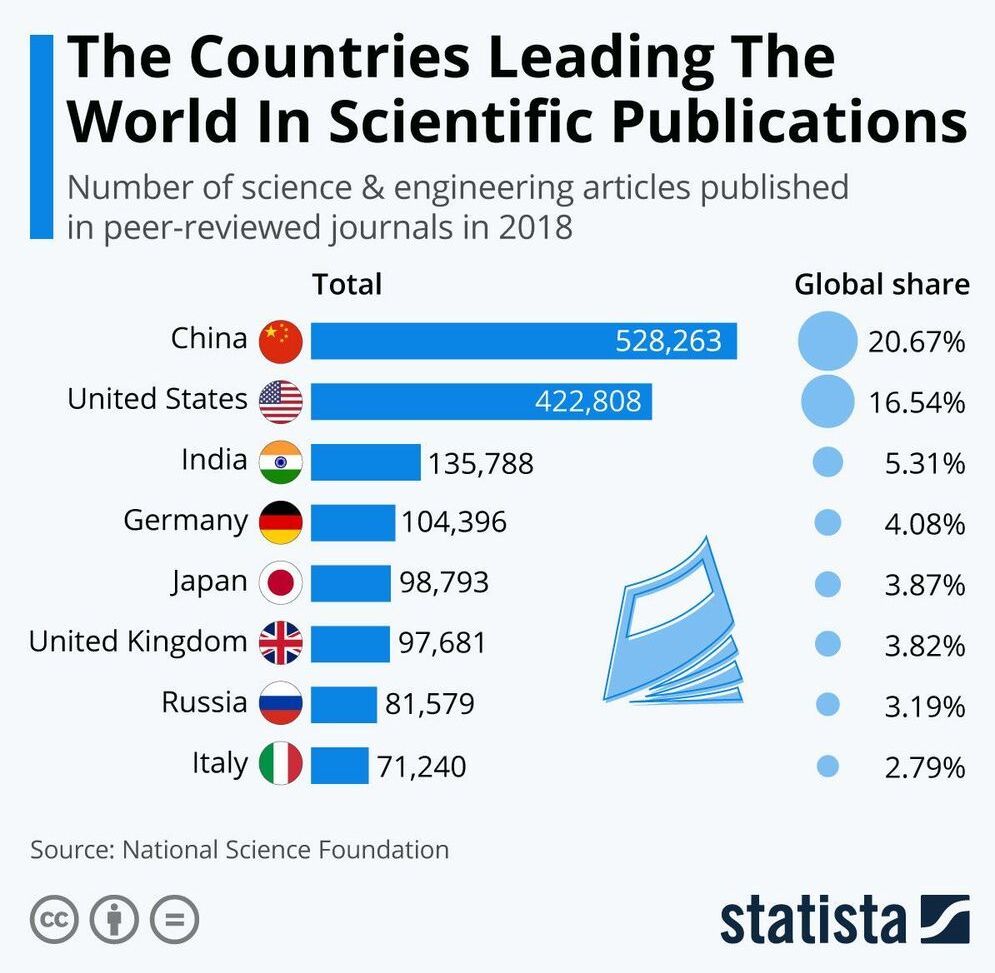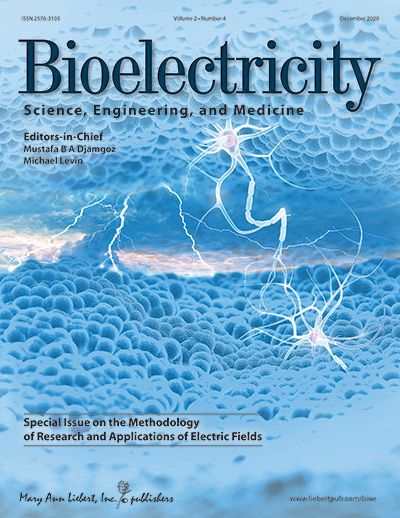Ogba Educational Clinic promoting a greener Africa for all Africans.



China keeps leading the US on investments in tech.
The U.S. National Science Foundation (NSF) has released data showing that 2555, 959 science and engineering (S&E) articles were published around the world in 2018, a considerable increase on the 1755, 850 recorded a decade ago. Global research output in that sector has grown around 4 percent annually over the past ten years and China’s growth rate is notable as being twice the world average. While the U.S. led the way in 2008, it has now been displaced as the world’s top S&E research publisher by China.
The views expressed in this article are those of the author alone and not the World Economic Forum.

This video explains post translational modifications of proteins.
Thank You For Watching.
Please Like And Subscribe to Our Channel: https://www.youtube.com/EasyPeasyLearning.
Like Our Facebook Page: https://www.facebook.com/learningeasypeasy/
Join Our Facebook Group: https://www.facebook.com/groups/460057834950033

The Chinese government formed Comac in 2008 to design and build the single-aisle C919.
However, most of the parts are imported from foreign manufacturers, including the engine, avionics, control systems, communications and landing gear.
China’s government formed the Commercial Aircraft Corporation of China (Comac) in 2008 to design and construct the single-aisle C919 to reduce reliance on Europe’s Airbus and the United States’ Boeing.
Will humanity ever travel to the stars? This is a question for the ages and it remains as open as a deserted stretch of interstate highway. To answer this question, we need an international scientifically-based effort that can chip away at the physics needed to make Star Trek real. Please have a listen to this episode with Guest Marc Millis. Well worth your time.
Propulsion physicist Marc Millis talks about the prospects for fast, efficient interstellar travel. Millis was head of NASA’s Breakthrough Propulsion Program at Glenn Research Center outside Cleveland for years beginning in the mid-1990s. We discuss why the problem of traveling to the stars is so difficult and what would need to happen to help such dreams become a reality. It’s a lively and irreverent discussion!
Science and Futurism with Isaac Arthur is a YouTube channel which focuses on exploring the depths of concepts in science and futurism. Since its first episode in 2014, SFIA has considered topics ranging from the seemingly mundane, to the extremely exotic, featuring episodes on megastructure engineering, interstellar travel, the future of earth, and the Fermi paradox, among others. Yet regardless of how strange a subject may seem, Isaac always tries to ensure that the discussion is grounded in the known science of today.
Isaac Arthur joins John Michael Godlier on today’s Event Horizon to discuss these subjects, the future past 2020. Thoughts on life extension. Nanotechnology. Artificial intelligence. The Fermi paradox.
What is the most obvious answer to the Fermi paradox?
Science and Futurism with Isaac Arthur: https://www.youtube.com/channel/UCZFipeZtQM5CKUjx6grh54g.
Want to support the channel?
Patreon: https://www.patreon.com/EventHorizonShow.
Follow us at other places!
Turn-of-the-century faith in ventilation to combat disease pushed engineers to design steam heating systems that still overheat apartments today.

Shared last year, but with the talk of future regenerative medicine I think it is important: Regenerative medicine aims to engineer tissue constructs that can recapitulate the functional and structural properties of native organs. Most novel regenerative therapies are based on the recreation of a three-dimensional environment that can provide essential guidance for cell organization, survival, and function, which leads to adequate tissue growth. The primary motivation in the use of conductive nanomaterials in tissue engineering has been to develop biomimetic scaffolds to recapitulate the electrical properties of the natural extracellular matrix, something often overlooked in numerous tissue engineering materials to date. In this review article, we focus on the use of electroconductive nanobiomaterials for different biomedical applications, particularly, very recent advancements for cardiovascular, neural, bone, and muscle tissue regeneration. Moreover, this review highlights how electroconductive nanobiomaterials can facilitate cell to cell crosstalk (i.e., for cell growth, migration, proliferation, and differentiation) in different tissues. Thoughts on what the field needs for future growth are also provided.
Bioelectricity.
It’s judgement day for Atlas and friends as they debut their new dance routine. Atlas believes that artistic expression is the key to salvation and could be the genisys of a new beginning. After all, a being who lacks a creative outlet is a being who resigns themselves to a dark fate. Terminator.
Original Video: https://www.youtube.com/watch?v=fn3KWM1kuAw.
Support the Auralnauts:
Patreon: https://www.patreon.com/auralnauts.
Buy the track on Bandcamp: https://bit.ly/2KRgXhC
Purchase/Listen Auralnauts Music: https://fanlink.to/dGSJ
Home: https://www.auralnauts.com.
Twitch: https://www.twitch.tv/auralnauts.
Discord: https://discord.gg/BcjCUC4
Instagram: http://bit.ly/2qdzFjM
Twitter: https://twitter.com/Auralnauts